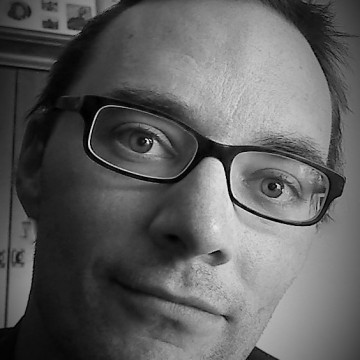If you look at the XenApp and XenDesktop deployments to date, you will notice that most of the users’ requirements fit into one of the following buckets:
- User requires access to a line of business application
- User requires access to a standardized desktop environment
- User requires access to a personalized desktop environment
- A combination of the above
Another thing you will notice with these 4 buckets is that “Users” “Access” a “Resource”, whether that resource is an app or a desktop or a combination. This is how you should start to think about your own XenApp and XenDesktop solution… What does your user need access to? This simple question is the basis for the XenApp and XenDesktop 7.5 blueprint.
The blueprint is based on the Citrix 5-layer model.
The top 3 layers are unique for each user group. There might be similarities between user groups, but the important aspect is that you walk through those three layers (users, access and resources) for each user group. Once those are defined, you design a single control layer running on your hardware platform for the entire solution.
The XenApp and XenDesktop 7.5 blueprint follows this model and defines each layer based on the most common design scenarios.
To get started, we begin with a standard conceptual architecture diagram for XenApp 7.5 and XenDesktop 7.5.
We continue the blueprint by:
- Identifying the most common type of user groups and recommended resource
- Defining authentication and security policies to gain access to the resources
- Detailing the image, application and personalization settings for each resource catalog
- Allocating the right number of control systems to support the overall solution
- Determining how much hardware (CPU, RAM and storage) we will need in order to build the environment.
So grab a drink, sit down, get comfortable and grab the following blueprints
Daniel Feller – Lead Architect





